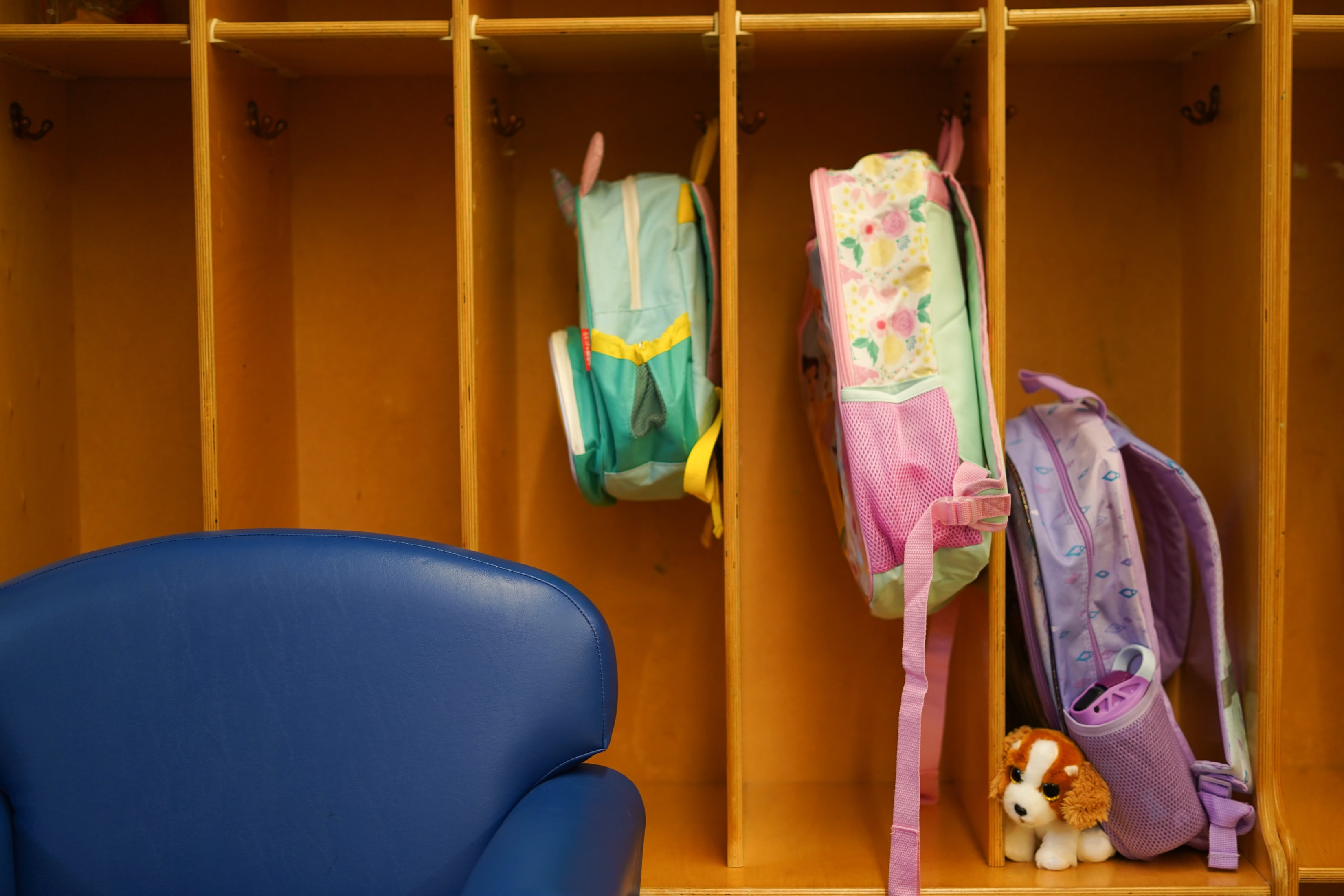Sign up for Chalkbeat Chicago’s free daily newsletter to keep up with the latest news on Chicago Public Schools.
Democratic U.S. senators from the Midwest want to know the Trump administration’s plans for Head Start programs in their districts after it closed a key office in Chicago this month that provided support and funding to workers and families.
Six senators — Richard Durbin and Tammy Duckworth, both of Illinois, Gary Peters and Elisa Slotkin, both of Michigan, Tammy Baldwin of Wisconsin, and Amy Klobuchar of Minnesota — sent a letter to Robert F. Kennedy Jr. , secretary of Health and Human Services, on Wednesday. They said that federal employees and grantees did not receive any notice that the Chicago-based regional office, which serves several states, was closing, or receive any guidance for what’s next.
The senators worry that the abrupt closure of the office will lead to disruptions in service for families, many of whom are low-income, relying on Head Start for child care.
“Head Start centers run on tight budgets, and without a regional office, grantees will not be able to receive approval to draw down funds, forcing many to consider laying off staff — or even shuttering their doors,” they wrote in the letter.
The Department of Health and Human Services, or HHS, closed five of its 10 regional Head Start offices in several cities, including Chicago, last week, as reported by the Chicago Tribune. According to the letter from the Midwestern senators, the Chicago-based regional office served 125,000 children, employed 40,000 child care workers, and provided support and funding to 2,600 Head Start centers across Illinois, Indiana, Michigan, Minnesota, Ohio, and Wisconsin.
The senators asked HHS to provide more information about whom child care providers should reach out to for guidance and accessing federal funds. They also asked if federal workers will be given the option to relocate to one of the five remaining offices.
Lawmakers want a response from HHS by April 22.
As mentioned in the letter, prior to HHS closing the regional Head Start office, the federal program experienced challenges to funding at the start of the year. President Donald Trump froze federal grants in January through an administrative order, which was rescinded a few days later. For Head Start providers, it meant that they were unable to access funds needed for daily operations.
However, child care providers still struggled to access funding throughout February, impacting around 21,000 students. Some Head Start providers in New York and Wisconsin had to temporarily shut their doors to families.
Samantha Smylie is the state education reporter for Chalkbeat Chicago covering school districts across the state, legislation, special education and the state board of education. Contact Samantha at ssmylie@chalkbeat.org.







